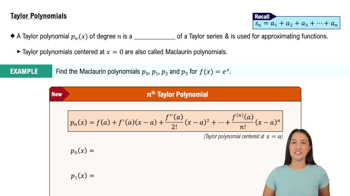Explain why or why not Determine whether the following statements are true and give an explanation or counterexample.
(b) If ƒ is a linear function on the interval [a,b] , then a midpoint Riemann sums give the exact value of ∫ₐᵇ ƒ(𝓍) d𝓍, for any positive integer n.






